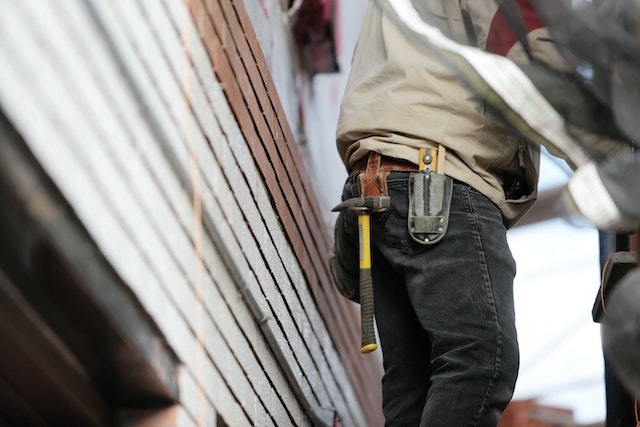
A building is a significant investment for any individual or organization, and it is essential to ensure that it lasts for as long as possible. Regular maintenance plays a critical role in maximizing the lifespan of a building. A well-maintained building not only lasts longer but also maintains its value, avoids costly repairs, and ensures the safety and well-being of its occupants. In this article, we will explore the importance of regular maintenance in maximizing the lifespan of your building.
Preventing Major Repairs
Regular maintenance can prevent minor issues from turning into major repairs. Minor issues such as a leaking roof, a faulty HVAC system, or damaged plumbing can quickly escalate into major repairs that cost thousands of dollars. Regular maintenance can identify these minor issues early on and address them before they become significant problems. This can save building owners and managers a considerable amount of money in repair costs and prevent disruptions to the building’s operations.
Maintaining Property Value
Regular maintenance from an FM company helps to maintain the value of a building. A well-maintained building is more attractive to potential buyers or renters and can command a higher price. A building that is poorly maintained, on the other hand, can quickly lose its value and become less attractive to potential buyers or renters. Regular maintenance ensures that a building remains in top condition and maintains its value over time.
Ensuring Safety
Regular maintenance is also essential for ensuring the safety of a building’s occupants. Faulty electrical systems, damaged staircases, or malfunctioning elevators can all pose significant risks to the safety and well-being of building occupants. Regular maintenance can identify and address these safety hazards before they cause harm to anyone. This ensures that a building is safe for its occupants and reduces the risk of accidents or injuries.
Complying with Regulations
Regular maintenance also helps building owners and managers to comply with regulatory requirements. Building codes, fire safety regulations, and health and safety standards all require buildings to be regularly maintained and inspected. Failure to comply with these regulations can result in fines, legal action, or even the closure of a building. Regular maintenance ensures that a building complies with all regulatory requirements and avoids any legal or financial consequences.
Improving Energy Efficiency
Regular maintenance can also improve the energy efficiency of a building. Heating, ventilation, and air conditioning (HVAC) systems, lighting, and insulation all contribute to a building’s energy consumption. Regular maintenance can identify areas where energy is being wasted and address these issues. For example, replacing inefficient lighting with energy-efficient LED bulbs or upgrading insulation can significantly reduce a building’s energy consumption and save money on utility bills.
Enhancing Tenant Satisfaction
Regular maintenance can also enhance tenant satisfaction. A well-maintained building provides a safe, comfortable, and pleasant environment for its occupants. This can lead to increased tenant satisfaction and retention rates. Tenants are more likely to renew their leases and recommend a building to others if they are satisfied with the building’s maintenance and overall condition.
Planning for the Future
Regular maintenance also helps building owners and managers plan for the future. By identifying potential issues early on, building owners and managers can budget for future repairs and replacements. Regular maintenance can also provide valuable data on a building’s condition and lifespan, which can help owners and managers plan for future renovations or upgrades.
Conclusion
In conclusion, regular maintenance plays a critical role in maximizing the lifespan of a building. From preventing major repairs and maintaining property value to ensuring safety and complying with regulations, regular maintenance is essential for the long-term success of any building. By investing in regular maintenance, building owners and managers can save money, enhance tenant satisfaction, and plan for the future.
